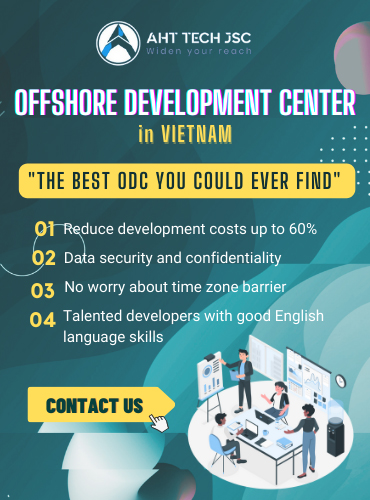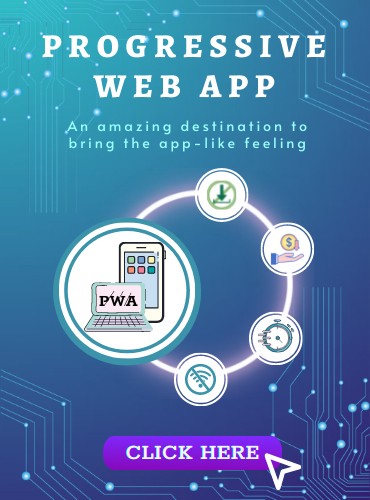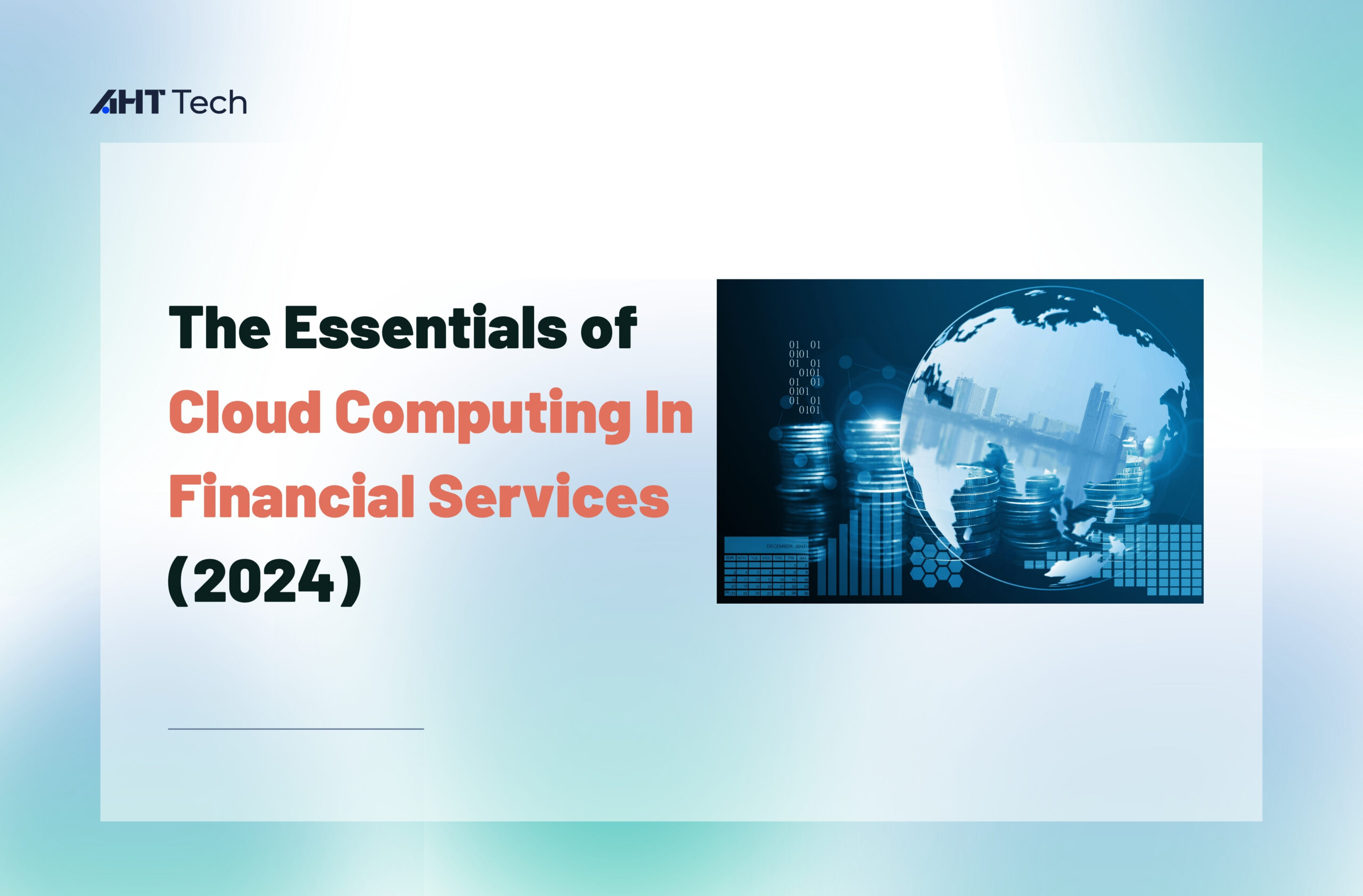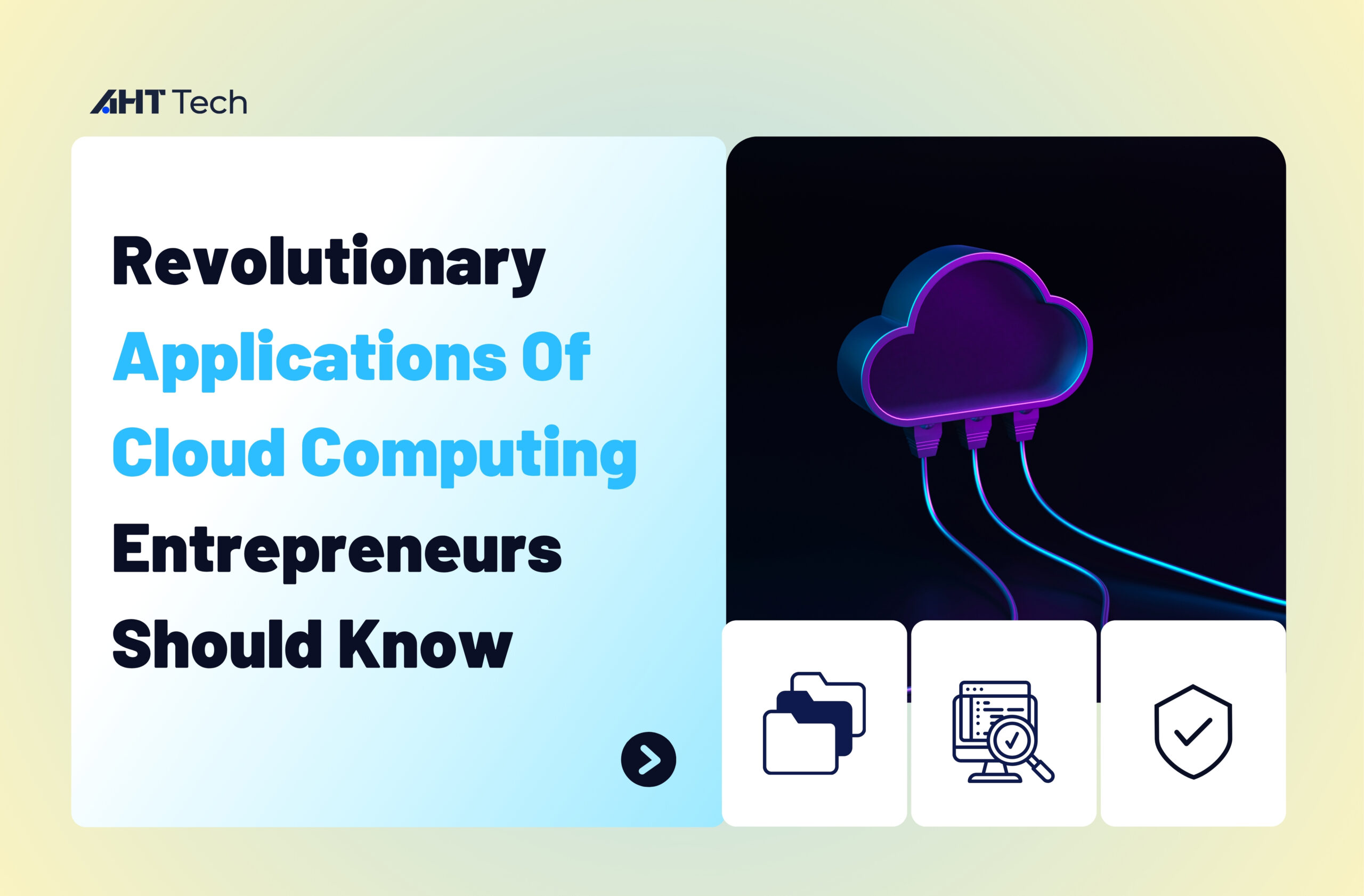
Introduction
Cloud Computing acts as a transformational factor for global IT resources. According to a report on State of the Cloud, up to 94% of businesses use at least one cloud storage service. This number partly proves the massive contribution of this infrastructure-driven. In particular, it’s predicted that the Cloud market will grow even more than $362.3 billion by 2025 (Statista).
So, if you are a decision-maker for an organization, business or simply an ordinary Internet user, spreading more knowledge about cloud computing will help you deeply understand the future potential of the model. In this article, we will also provide insights about the “giants” in the cloud technology village or top-notch cloud computing platforms in 2024.
Cloud Types Differentiation

Cloud computing exploits the potential and powerful resources of servers located in many different geographical locations to liberate users from hardware infrastructure limitations. All process is completely done in a wireless environment, such as Internet, WAN & LAN connection. Once again to confirm, this next-gen solution has paved the way for businesses to upgrade software applications, increase access to applications, and enhance security and privacy controls. Facing the complexity of many cloud computing models, please refer to the characteristics of different cloud types below:
1. Public Cloud
Public cloud refers to the ability to host and operate an enterprise’s IT infrastructure on cloud computing deployed by a third-party cloud service provider. Businesses do not need to manage data in this environment directly based on virtual servers that can be easily accessed via the Internet. This approach enables expanding resources on systems, applications, or data that are not too important for the business. Some public cloud platforms are provided by reputable corporations, such as Amazon Web Services (AWS), Google Cloud Platform, Microsoft Azure, and IBM Bluemix.
2. Private Cloud
In contrast to public space, private cloud is a computing environment that offers completely isolated access. For important business data, private cloud can be deployed as an on-premise data center, or it can also be vendor-owned and located off-premises. Because it is an infrastructure located on a private network, data and resources can be coordinated and managed in multiple ways. Numerous enterprises reap advantages from the flexibility and security aspects of private clouds.
3. Hybrid Cloud
For the purpose of flexibly transferring data and applications between computing environments, a hybrid cloud can meet a mixed environment for businesses. Different complexities of business models will need flexible, secure, and convenient storage solutions that are suited for the features of a hybrid cloud. Existing infrastructure will be expanded and optimized to comply with private and public cloud characteristics.
More details about Hybrid Cloud Computing here:
Best Cloud Computing Platforms To Adopt in 2024

After passing through some of the major cloud types on the market, you also need to understand some of the best cloud computing platforms to set up your own hosting environment. Check out several industry-leading cloud computing platforms below to take the decisive step for your infrastructure.
1. Microsoft Azure

An indispensable name when mentioning the technology landscape, owning the famous Windows operating system – Microsoft. Azure is a cloud computing platform released in 2010 as an agile and open-source service. With a worldwide network of 200+ data centers, Microsoft Azure is considered the leading data storage and connectivity solution for digital transformation-driven businesses.
In addition, Azure also applies high technology such as AI & ML to support the ability to identify cyber threats in cyberspace and promptly prevent illegal data breaches. A team of 3,500 IT personnel from Microsoft is always on standby to support this cloud network, so users and businesses do not need to worry too much about downtime issues or cyber-attacks. With extensive services integrated with this public cloud, enterprises of all sizes and industries can take full advantage of its resources to manage, connect, and host via a shared platform.
Azure offers:
- Specialized solutions for all data-driven activities
- Multiple tools and frameworks for navigating enterprise assets
- Enormous tech stacks for developers: Azure DevOps, Azure DevOps, etc.
- Stability & consistency migration across clouds
- Multilayered security to protect your data
2. AWS
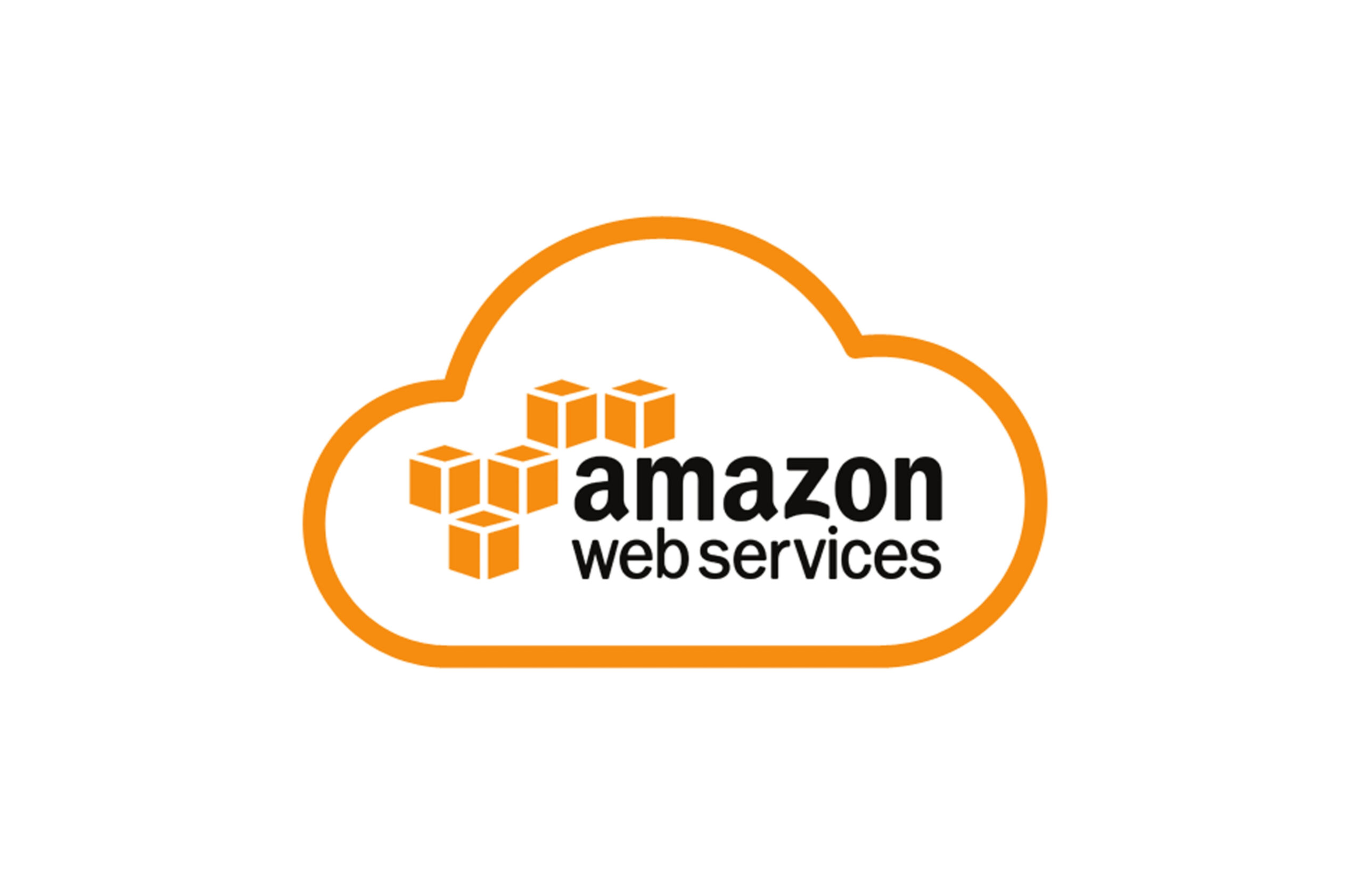
Amazon Web Service is one of the world-leading cloud computing platforms, operated by an America-based multinational corporation, Amazon. Posing the largest data center network in the world, AWS ensures stable access speed and high performance to convert and store data to users effectively. This cloud-based storage platform caters to 200 fully-featured services, including computing, storage, and database. However, businesses can also optimize implementation costs thanks to the ability to customize services to suit specific demands.
Up to 102 servers and operating systems are available across United States, AWS GovCloud (US), Americas, Europe, Asia Pacific, the Middle East, and Africa. Accessibility and scalability of IT infrastructure are no longer difficult for scale-up business horizons.
AWS offers:
- Swiftly deployment
- Developer-support tools: AWS DevOps, Visual Studio, GitHub, AWS App Service, AWS Lambda, AWS Kubernetes Service
- Seamless access and adjusted management
- Limitless Capacity
3. GCP (Google Cloud Platform)

Google Cloud has been among the major cloud computing platforms in recent years. This cloud environment provides an array of features and solutions for any kind of IaaS & PaaS demand. Drawing on the powerful resources of the Google ecosystem, GCP can provide secure, user-friendly, and elastomeric infrastructure for your business.
Google Cloud offers:
- Assets from Google cloud-based services & apps
- Easy-to-approach technology with open-source
- AI-integrate features and high-caliber data analytics
- Minimize IT infrastructure setup efforts for businesses
4. IBM Cloud

IBM Cloud is considered one of the most comprehensive cloud computing platforms, which includes IaaS, PaaS and SaaS that are enterprise-ready. Moreover, this cloud space can operate as private, public and hybrid cloud for a bunch of business desires. Owning isolated APIs, IBM Cloud increases the ability to connect and store data and apps. Businesses can optimize deployment costs due to configurable attributes.
IBM Cloud offers:
- Enterprises-level cloud platform
- Top-notch expansion
- Supportive integration services for cybersecurity: IBM Active Directory, IBM Sentinel, IBM Security Center
- Extended productivity
5. DigitalOcean

An ideal choice among cost-effective cloud computing platforms. With “easier” costs than other providers, Digital Ocean has less complex solutions available and enough features for some data conversion and storage goals. With 15 data centers throughout the globe, users will also encounter fewer data navigation problems due to its simplicity. Although the system and attributes are more minimalist than vendors like Azure or AWS, Digital Ocean still includes security firewalls, load balances, and a DNS management system.
DigitalOcean offers:
- Two options for Performance and Standard Plans
- Competitive in price with 50% cost savings compared to other big giants
DigitalOcean delivers its infrastructure and software solutions to over 600,000 customers in more than 185 countries. Uniquely, approximately 70% of DigitalOcean’s revenue derives from outside of the United States. Similar to OVHcloud, DigitalOcean competes on price, often being 50%+ more cost-effective than the largest cloud service providers.
6. SalesForce

Salesforce is a business headquartered in California offering a cloud computing environment for enterprises to navigate data structure on clouds in various ways.
As a SaaS computing solution, businesses can develop apps based on ready-to-use blocks while Salesforce caters to full access over components within an organization. Moreover, cloud-based CRM suites are provided with the aim of minimizing complications in building IT infrastructure. Hence, enterprises can rely on this cloud service in order to surge performance at every stage of operation, hosting, and working process.
SalesForce offers
- In-time support through Service Cloud
- Easily streamline workflows
- Managing customer data systematically
Checklist For A Cloud Computing Platforms Provider
Self-service Based On Demands
Businesses can create their own cloud storage environments without needing outside support. Make sure you can control off-site servers and monitor storage capacity in real time. Go for a trusted cloud vendors that support on-demand and self-hosted solution.
Stable Uptime
Servers from cloud computing platforms need to be supported as thoroughly as possible by suppliers. We may not be able to avoid downtime circumstances, but at least up to 99.9% uptimes is required from cloud service providers to get rid of unwanted error servers.
Analytics Features Included
For an effective environment, users must have analytics features to keep track with the server performance as well as how it affects their expenses. By this approach, users can customize costs to suit their conditions.
Pay-as-you-go
In case they have to pay for services and features beyond their usage needs, businesses should consider pay-as-you-go conditions to save budget, since this is a solution associated with your infrastructure for long periods of time.
Conclusion
As businesses scale up, it leads to complexities in unlocking the potential of cloud services. It was not until you applied this innovative technology that you realized the capacity of cloud-related solutions in creating a “seamless portal” for your organization. Choosing trustworthy cloud computing platforms can be the optimal backend system that supports the right resources, as we settled down on the best cloud computing platforms listed above. Enterprises can choose to hire a cloud services provider to have the adaptation of unparalleled tech stacks for the muti-industry.
AHT Tech offers enterprise-level and agile cloud computing services to accelerate your infrastructure transformation. Contact us right away to get details!





